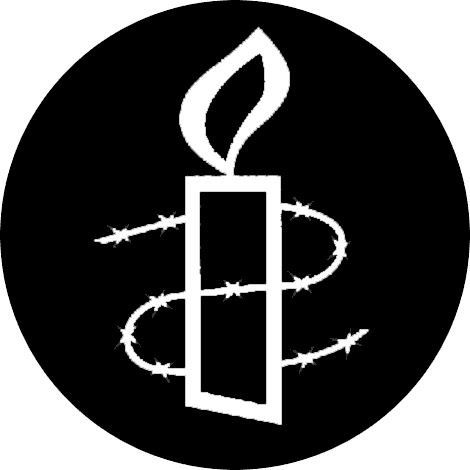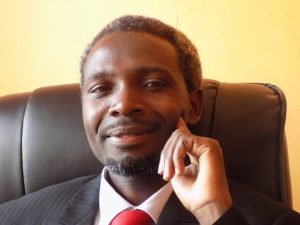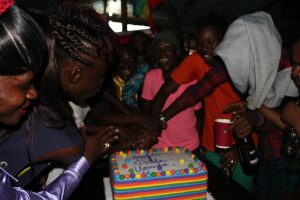
Amnesty International Report 2014/15:
The State of the World’s Human Rights
UGANDA
FREEDOMS OF EXPRESSION,
ASSEMBLY AND ASSOCIATIONRestrictions on freedom of expression, peaceful assembly and association continued. The Public Order Management Act (POMA), which came into force in November 2013, was used to impose wide-ranging restrictions on public meetings. It gave the police powers to prohibit and disperse public gatherings of a political nature. A petition challenging the POMA’s constitutionality filed with the Constitutional Court in December 2013 remained pending.
The POMA was used in the first quarter of 2014 to disperse peaceful assemblies organized as part of the Free and Fair Elections Now campaign and arrest political activists. Often, those arrested were not charged. In April, the Free and Fair Elections Now campaign steering team held a meeting with the Minister of Internal Affairs. The police did not interrupt subsequent rallies convened by the group. On 26 February, police declared illegal and dispersed a peaceful protest organized by the End Miniskirt Harassment Coalition outside the National Theatre in the capital, Kampala.
On 22 March in Mbale city, the police used tear gas and fired live ammunition into the
air to disperse crowds of people who were marching to the venue of a rally organized by
the Free and Fair Elections Now campaign team. Police said that the rally’s organizers
had not given the notification required under the POMA.On 27 March, the police prevented Bishop Zac Niringiye, the retired Assistant Bishop of Kampala and anti-corruption activist, from speaking at Kabale University in western Uganda and participating in a scheduled broadcast on Kabale’s Voice of Kigezi radio station. Police told Amnesty International that they acted because Bishop Zac had not received authorization from the university to hold a meeting on its premises and the scheduled radio show could incite violence. During the year the police stopped peaceful demonstrations by a group of unemployed young people referring to themselves as the Jobless Brotherhood. On 17 June, two members of the Jobless Brotherhood, Norman Tumuhimbise and Robert Mayanja, were arrested after they entered Parliament with two piglets to protest against corruption and high youth unemployment. They were later charged with criminal trespass among other charges. On 4 August, nine members of the Jobless Brotherhood, carrying a coffin, were arrested as they demonstrated at the
Independence Monument in Kampala. They were charged with participating in an unlawful assembly. In October, Norman Tumuhimbise and Robert Mayanja were arrested following another demonstration in Kampala involving piglets.In June, the High Court issued its judgment in a case challenging the constitutionality of the February 2012 forced closure of an LGBTI activists’ workshop in the town of Entebbe by the Minister of Ethics and Integrity. The applicants argued that the Minister’s action violated their rights including freedom of expression, peaceful assembly and association. The High Court ruled that the applicants had not suffered any unlawful infringement of their rights and that they had participated in promoting “homosexual
practices” which were offences against morality under the Penal Code.
Read the full report here…



